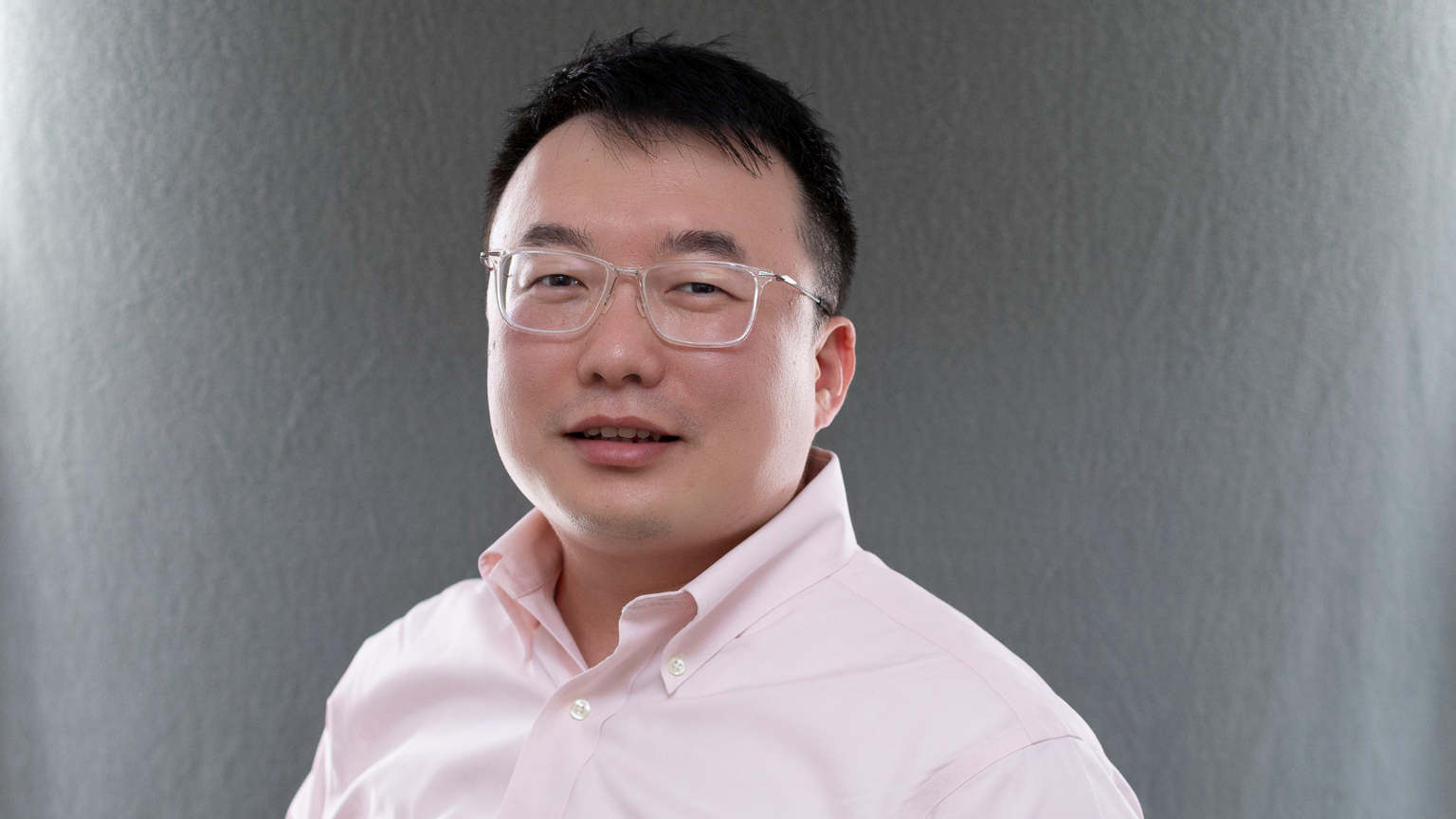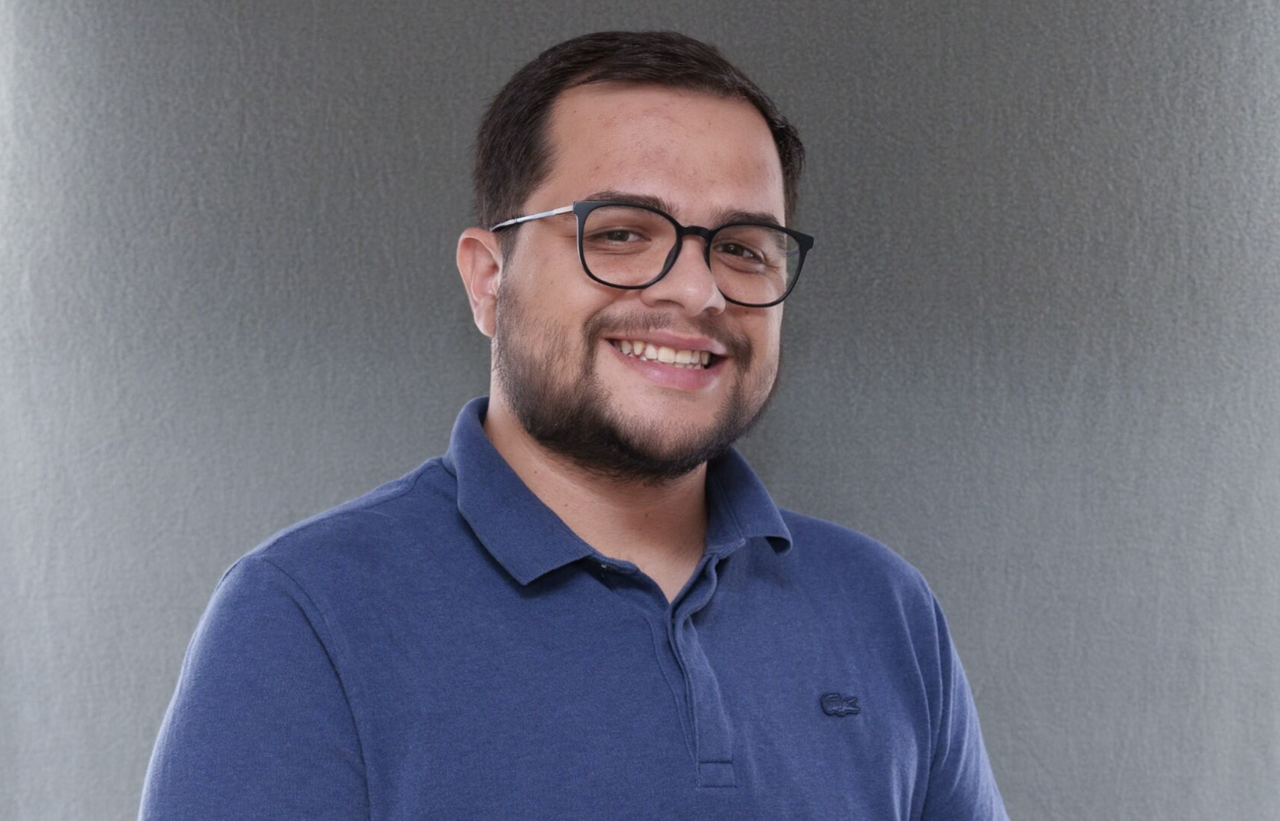News

20 November 2024
Postdoc Profile: Leo Yan
Q&A with Kostova Lab Postdoc Leo Yan
Read Article
The Graduate School of the Stowers Institute for Medical Research

What is your current research focus and why?
My current research focuses on understanding how different types of ribosomes—the tiny molecular machines in our cells that make proteins—affect early development in zebrafish. Traditionally, we've thought of ribosomes as unchanging during development. However, exciting new studies suggest that organisms can produce different kinds of ribosomes during development or in response to stress or disease. For example, zebrafish eggs have different ribosomes from those found in adult fish. I'm investigating how these unique ribosomes influence the early stages of life. By uncovering these mechanisms, we hope to gain insights into how organisms develop and adapt to their environments, which could also shed light on diseases and disorders such as cancer and neurodegeneration.
Growing up, what career did you want to pursue?
Ever since elementary school, I've always wanted to be a scientist. I’m curious to understand how things work from the inside out.
When and how did you become interested in a career in science?
I discovered my passion for science during my undergraduate studies. I designed an experiment to test the UV resistance of bacteria. To my surprise, not only did it work, but it also received funding for a full year. That was a big deal for me—throughout my undergrad years, I struggled with other classes, and this success was the first time I felt I could do something with my life. That experience showed me how exciting and supportive the scientific community can be and inspired me to pursue science as a career.
What made you decide to join the Kostova Lab at the Stowers Institute?
I decided to join the lab after watching one of Kamena’s talks online; her enthusiasm for science and discovery is truly infectious. I was also excited about the opportunity to work with zebrafish, a research organism. Interestingly, we both published in the same journal around the same time, and my graphical summary was inspired by hers.
What is your favorite non-research related memory at the Stowers Institute so far?
My favorite memory is how welcoming and friendly everyone has been. I love that people remember my name, take the time to chat with me and my family, and are genuinely eager to get to know us better. It's refreshing and heartwarming.
What is your favorite thing to do in Kansas City?
I love grabbing a coffee and heading to the River Market. There are so many East Asian vendors offering fresh and tasty ingredients. It's a wonderful way to connect with flavors from home and discover new ones.
Where do you see yourself in 10 years?
I see myself leading a research team working on exciting and meaningful questions, specifically developing treatments for diseases that impact less-developed regions of the world. I have been inspired by the Stowers family’s support of science; I truly hope my own lab will continue this legacy of curiosity-driven science, sharing research for the good of the world.
What advice do you have for other people curious about a career in science?
I’ve found a unique synergy between an appreciation of beauty and the quality of science here at the Stowers Institute. The only way to intentionally foster this pursuit of nature’s beauty through science is teamwork—it requires a community around you to do that well. The Institute is a powerful example of how this can be achieved as a welcoming, diverse community doing outstanding science. So, when you look for a place to do science, prioritize looking for a supportive community that treasures a sense of curiosity. The team around you will really shape how far you can move through your career and how you contribute to society. You are guaranteed to have a fulfilling experience in science, and form friendships for a lifetime, when you’re surrounded by people who strive to do beautiful science and help scientists become beautiful people in return.
News
13 November 2024
Cori Cahoon, Ph.D., who will soon be an Assistant Professor at Colorado State University in January 2025, shares why the program was a “transformative experience.”
Read Article
News

05 November 2024
Learn more about Inaugural Scholar Alejandro Diaz de la Vega Gonzalez and what led him to pursue a career in computational biology
Read Article
News
01 November 2024
Organized by Stowers Institute Investigators Matt Gibson, Ph.D., Tatjana Sauka-Spengler, Ph.D., and Robb Krumlauf, Ph.D., the conference facilitated a collaborative environment aimed at creative scientific exchange. More than 100 participants attended, including 20 distinguished speakers and trainees.
Read Article
